

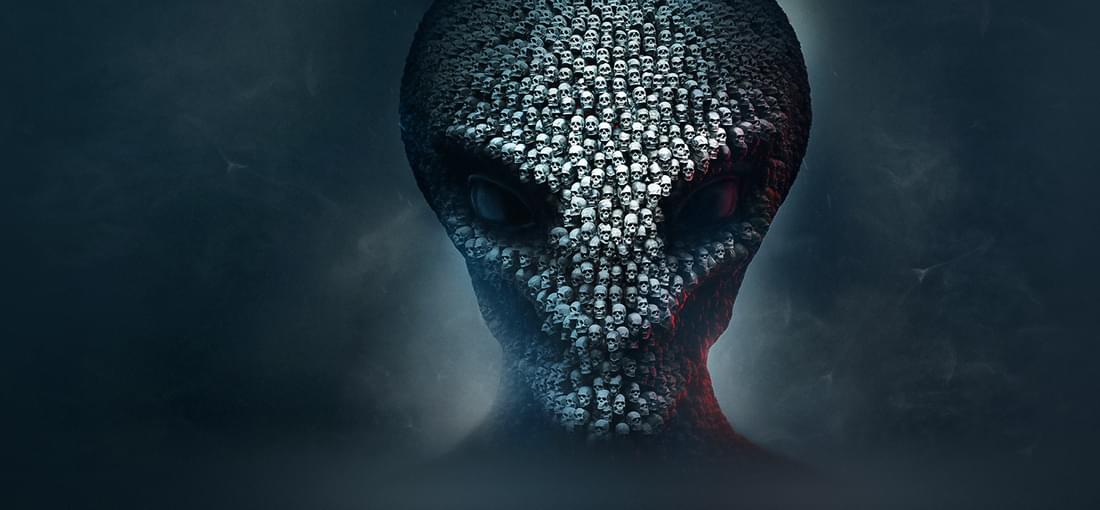
XCOM 2 is a cult classic. Form a squad of (mostly) disposable insurgents, and unleash them on their vastly superior alien overlords. Watch as they fumble against the RNG (which actually cheats in your favour...), and try to salvage the inevitable trainwreck of a mission. Once/if you do, remind yourself that, for all of your efforts, you are not actually saving Earth, then deploy your barely-trained-militia in cities where YOU are the invader, just for a chance to uncover a sinister alien conspiracy. The timer is working against you. Be fast, but not reckless. Guerrilla tactics are a must. Will you be able to adapt and overcome? One thing is certain: you may train your men; you may arm them with the weapons of the enemy; many are still not going to come back alive. Why? Because that's XCOM, baby!
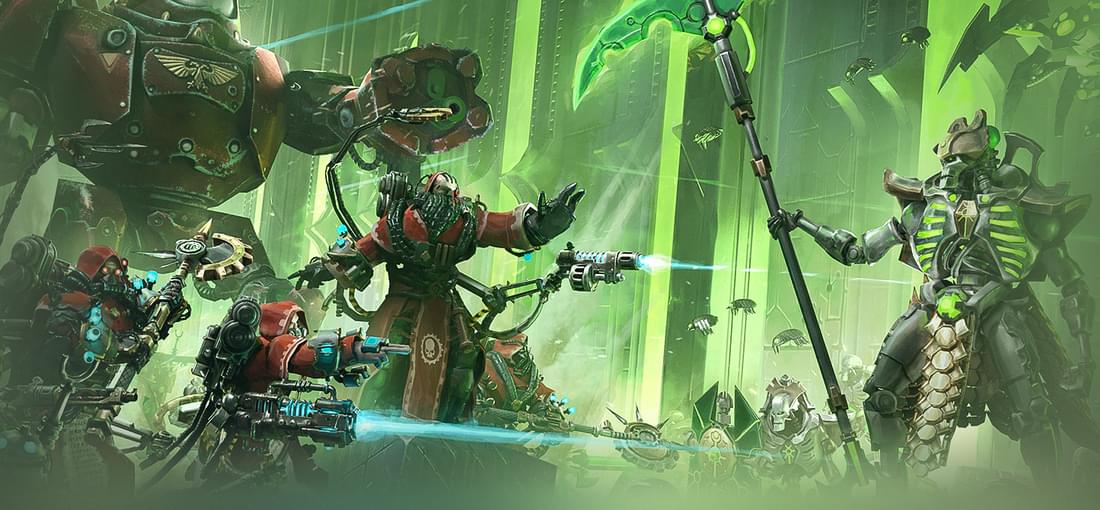
Let's be real: like all TBS games, comparisons with XCOM 2 are inevitable. Does Mechanicus live up to the golden standard? Well...mostly. The good: peak 40K atmosphere. The members of the Adeptus Mechanicus are callous monsters with zero regards to life. Fittingly, the aliens tend to be more humane than the humans. Also, flamers are devastating. Don't sleep on them! The meh: melee combat...exists. It is not particularly well developed, and I found it quite forgettable, when compared to the possibilities of ranged combat. Also, cover doesn't exist, and all weapons are always a guaranteed hit. XCOM 2 wouldn't be nowhere as memorable, without its 95% chance to hit (miss!). The bad: everything revolves around cognition points. If you have them, then you can breeze through the battles with your strongest attacks. If you don't, then you won't be able to use even some basic attacks! And then there are shields: for some reason, most enemies have shields to absorb part of the enery/physical damage inflicted to them. The issue? Shields are not consistent among enemy types, so what works for one might not work for another enemy of the same class. Overall, I'd say that Mechanicus is a good game that could have aspired to be much more, were it not for some baffling gameplay decisions.
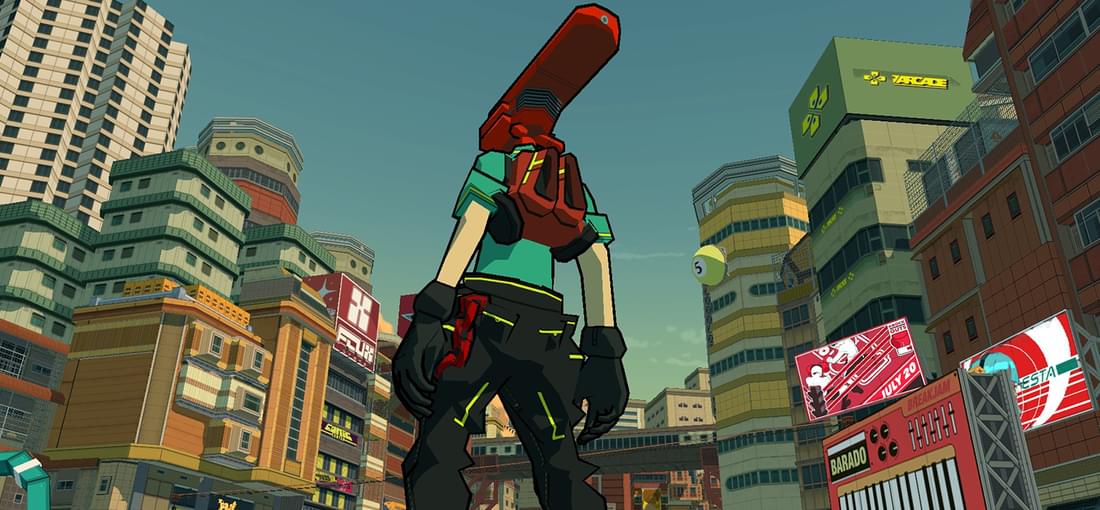
Bomb Rush Cyberfunk is one of those odd games that are impossible to describe. It needs to be played. BRC is not afraid to experiment. It has colours. Vibrant colours. It has music. Funk music. In fact, you can actually dance it! It also has a weird plot that makes zero sense until it suddenly doesn't. In one word, it has style. Forget about caution: jump in, start painting while grinding some rails, and never, ever, stop.
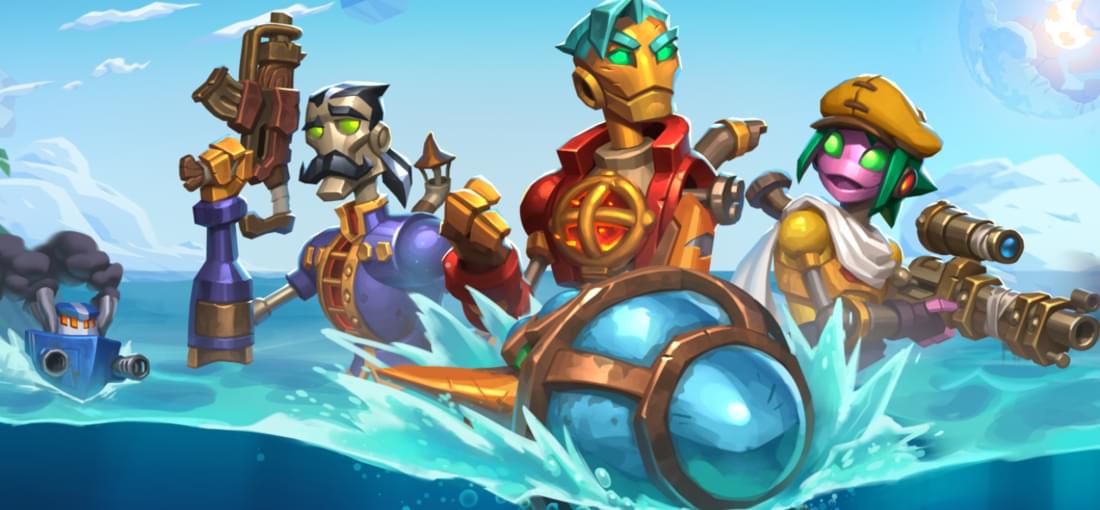
SteamWorld Heist 2 is a massive improvement over its predecessor. It wouldn't be wrong to claim that, between the traversable world map and the new mechanics, this game is three times as large. Combat has been streamlined by creating six possible classes. A character can change class at will, and is actively encouraged to multiclass. Furthermore, bots get tired after a mission, and you are then required to swap them out for fresh characters, thus forcing you to experiment with different compositions. Overall I found this game to be more expanded, more balanced, and more fun.
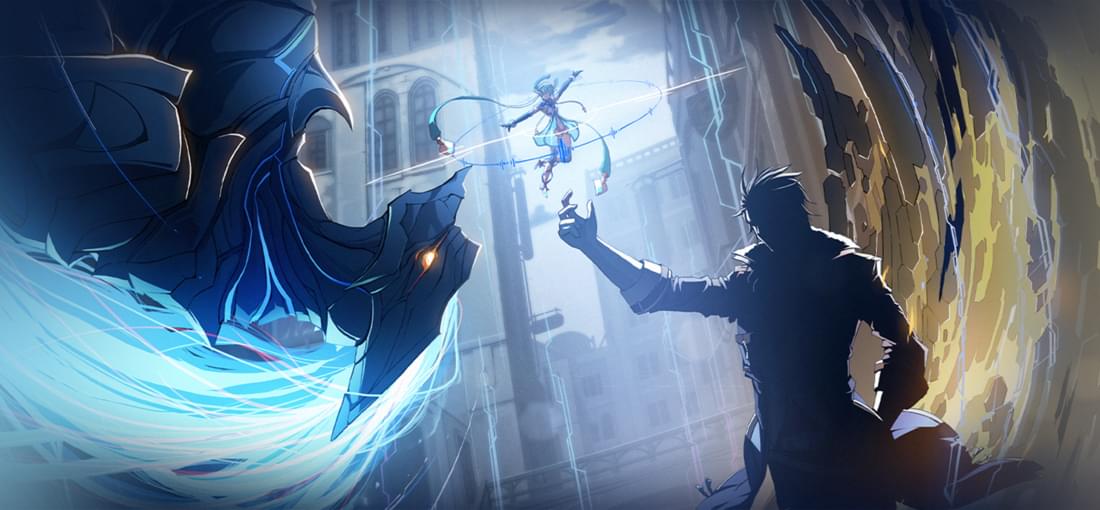
Kuro no Kiseki is a weird beast: it discards most of what was built in the previous 10 games, and tells a self-contained story that might as well be part of a different series. Which is not necessarily bad, just...play it with an open mind. It is the easiest way to get the most out of it. Anyway, the format is identical to all other games in the series: enter new area => discover evil machination => solve crysis => next chapter => move to new location. It still works, but there is a bit too much magic involved. Stuff happens, but it feels too random and inexplicable to have a real impact on the player. You just learn to accept it, and move on. In general, I think that Trails games have always struggled when it comes to tackling complex themes, and in this game the approach that was chosen is particularly shallow. The racism issue, that is repeatedly said to be a massive problem in the Republic of Calvard, is only tangentially relevant in a single chapter, and then gets promply forgotten for the rest of the game. If it leads nowhere, then what was the point of it beyond a generic "racism is bad"? I feel this needs to be mentioned again: the Kiseki world really runs on magic. I blame Cold Steel 4 for this trend, because we've come to a point where magic deprives characters of agency. Despite the game telling you otherwise, magic is ultimately the root of all problems, and breaking the latest curse is always the most optimal solution. Which would be fine for an unrelated title, but it is inacceptable in a long running series. Kuro no Kiseki is a good game. Just a bad Trails game.
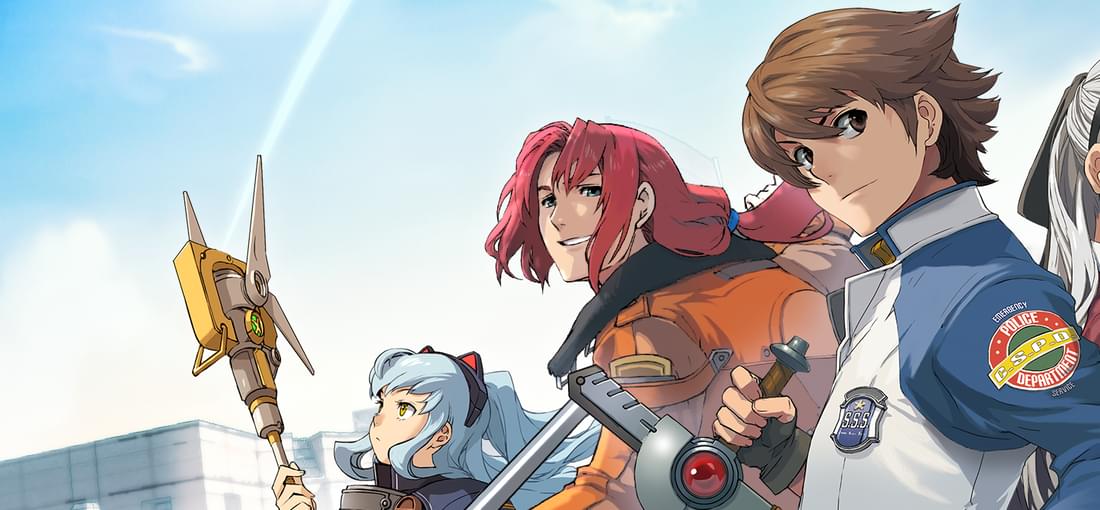
The first game in the Crossbell duology is...not very good at standing on its own feet. Tellingly, the latest scene before the credits, although incredibly rewarding, is not even about the main heroes. That is not to say Zero is a bad game. Not at all. However, a Trails game where the side characters are more interesting than half of the main cast is a game with some issues. Unsurprisingly, the second game in the duology doubles the party size, while also including three of the most memorable NPCs. The other issue I had with Zero lies on the political side: Crossbell is a contested region between two superpowers where a war is being fought under the table. Given this premise, one would imagine that politics wuold play a major role in the plot of the game, but they do not. In fact, compared to the multiple political agendas of Trails to Azure, politics in Zero feel almost like an afterthought. Which is a shame, because Crossbell is a beautiful city in a game where the main antagonists are only tangentially related to the political intrigue that permeates the whole duology. So...by all means, feel free to try Zero. It is a good game. Just be aware that Zero is a self-contained story, whereas the resolution of Crossbell's issues, and its consequences, will be found in the next game, Trails to Azure.